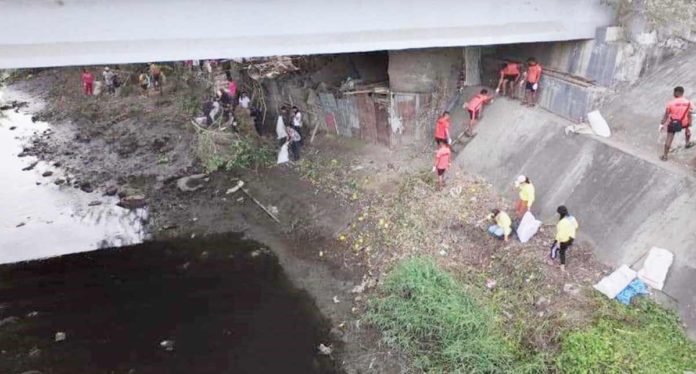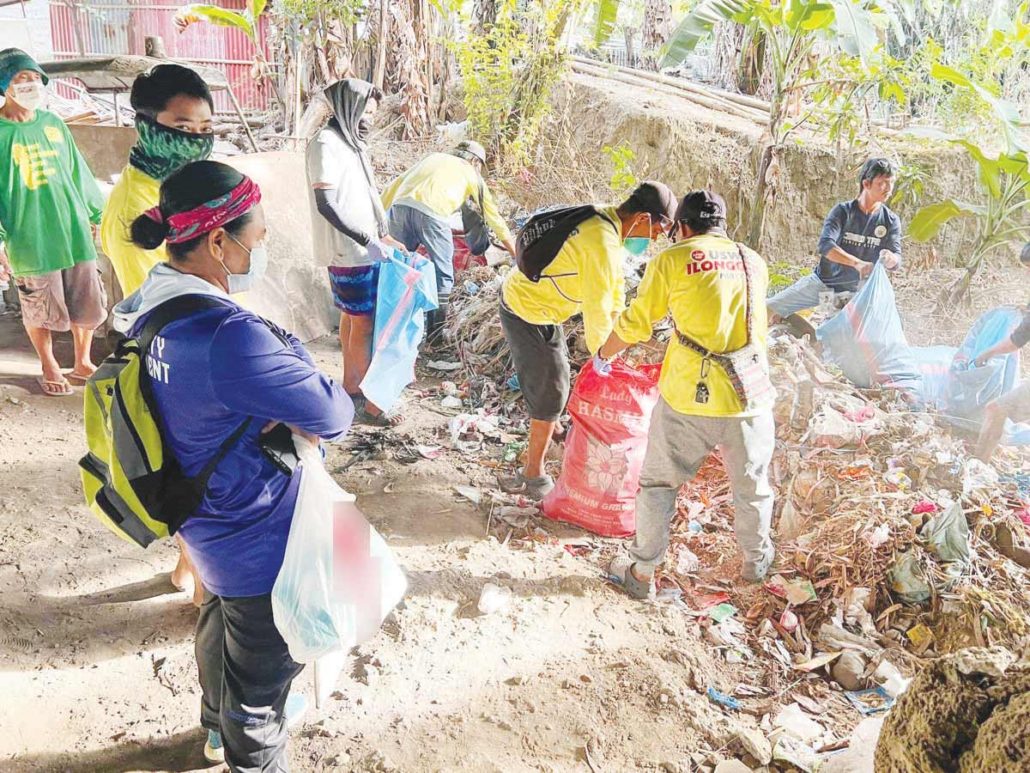

BY GEROME DALIPE IV
ILOILO City – The proposed P2.3-billion waste-to-energy (WtE) facility in Barangay Ingore, La Paz district will not solve the garbage problem of this city, an environmental advocacy group warned.
Instead, the facility would only produce toxic and hazardous pollutants such as dioxins and furans known to cause cancers and other life-threatening diseases which are considered more harmful than the original waste, said EcoWaste Coalition.
“The proposed WtE facility falls short of addressing the fundamental aspects of waste management that aligns with environmental preservation and resource conservation principles,” the group said.
The EcoWaste Coalition yesterday conducted a forum to raise awareness of waste-to-energy and possible health and environmental impacts of the facility to the residents.

On March 1, Mayor Jerry Treñas entered into a joint venture agreement with Metropacific Water Investment Corp. to construct a P2.3-billion cutting-edge Integrated Solid Waste Management Facility (ISWMF) in Barangay Ingore in La Paz district.
The proposed waste-to-energy (WtE) can process up to 470 tons of non-recyclable waste as potential fuel daily and produce around 2.4 megawatts of energy.
Under the agreement, the ISWMF would treat, recover, and convert the city’s waste into refuse-derived fuel (RDF) and biogas, considered renewable energy sources by the Department of Energy.
The facility will be installed with appropriate technology and equipment for the operation and maintenance of the facility.
“It will significantly reduce the waste that ends up in Iloilo landfills, conserving natural resources, and minimizing environmental impact. The project is also estimated to result in a reduction of 129,000 metric tons per year of CO2 (carbon dioxide) equivalent,” Metropacific Water said in a statement.
In the statement, EcoCaste called on the city government to reconsider its plan to build the WTE facility without conducting more intensive research and consultations with its stakeholders in the city.
“The initiative to establish a WtE project in Iloilo City, with a capacity to process 475 tons of waste daily, must be scrutinized within the broader context of the city’s waste generation and management strategies,” the group said.
Citing the 2021 Waste Analysis and Characterization Study, the group said the city generates approximately 496 tons of waste per day, a significant portion of which is biodegradable (50 percent) or recyclable (25 [percent), with only 25 percent residual materials.
“This data reveals a stark misalignment between the facility’s capacity and the actual waste profile, suggesting the project might inadvertently foster more waste production, contrary to sustainable waste management practices mandated by Republic Act 9003, or the Ecological Solid Waste Management Act,” the group said.
Likewise, the group said the proposal runs contrary to Republic Act 8749, or the Clean Air Act, which aims to protect and preserve the quality of Philippine air.
“WtE projects, despite advances in technology, entail the combustion of waste materials, a process that inherently emits greenhouse gasses, toxic compounds, and particulate matter,” the group said.
“These emissions can contribute to air pollution, pose health risks to the population, and harm the environment. Even with state-of-the-art pollution control mechanisms, the risk of releasing dioxins, furans, and other harmful pollutants cannot be eliminated,” it added.
On the contrary, the group lauded the ‘zero waste” of the Iloilo Provincial Government, saying that such an initiative not only aligns with the principles and provisions of Republic Act 9003 but also presents practical and achievable solutions for Iloilo, which can also be implemented in Iloilo City.
“Such approaches, emphasizing waste prevention and responsible management, are preferred over the establishment of WtE facilities. The path toward sustainable solid waste management requires a broader, more holistic approach. Waste is a complex issue that cannot be solved solely by the construction of a single facility,” the group said./PN




